1847: US forces take Veracruz in the Mexican–American War

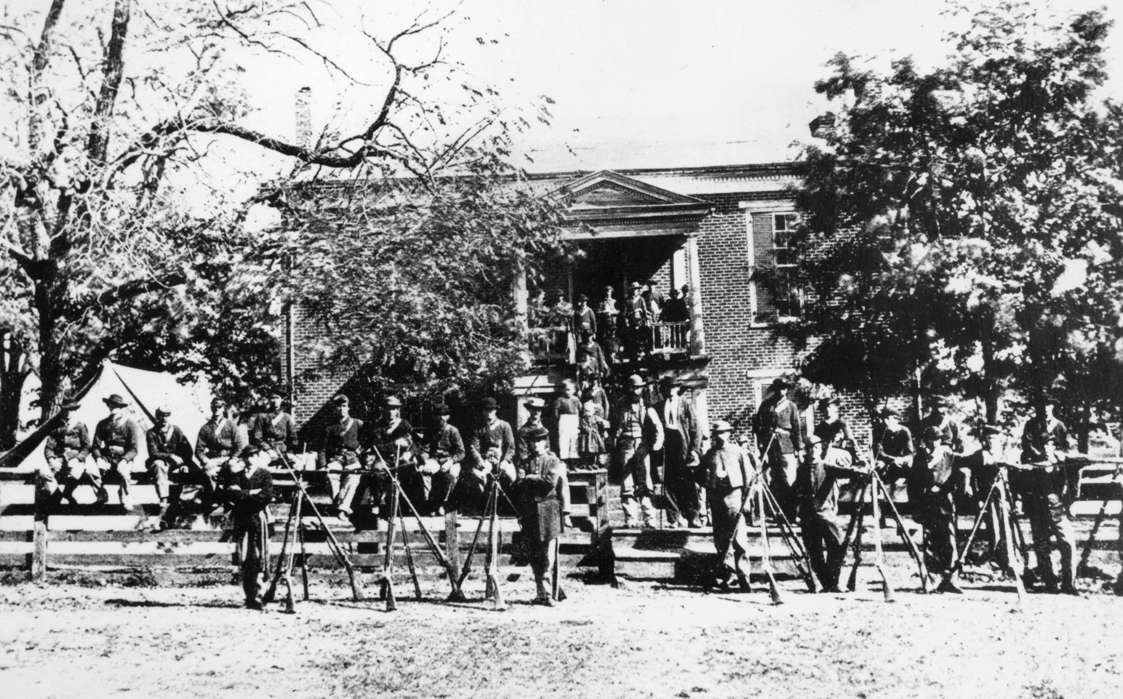
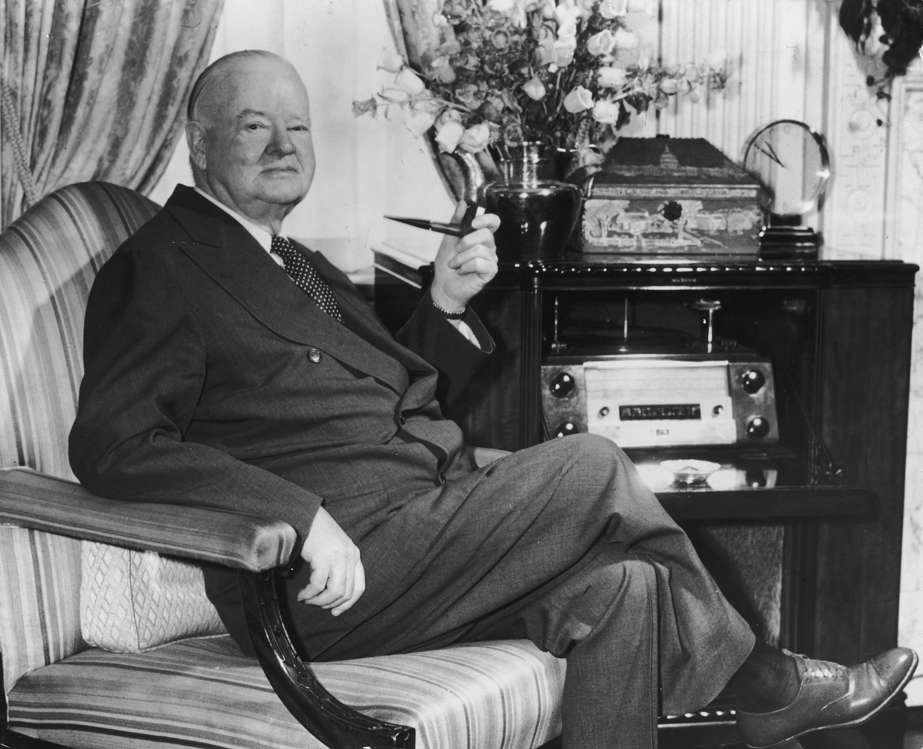
1929: Telephone installed in Oval Office
President Herbert Hoover had a phone installed at his desk in the Oval Office of the White House.

US Capitol building on Capitol Hill in Washington DC which is the seat of the 1961: US ratifies the 23rd amendment
The 23rd Amendment to the United States Constitution was ratified, thereby providing rights to the residents of Washington, D.C., to vote in presidential elections.


1974: First spacecraft reaches Mercury
Mariner 10, an unmanned U.S. space probe, was the first spacecraft to reach Mercury. Launched on Nov. 3, 1973, Mariner 10 flew by Mercury thrice between 1974 and 1975, taking detailed images of the planet.

2006: Hamas formally takes over the Palestinian government
A new government dominated by Islamist faction Hamas was sworn in by Palestinian Authority president Mahmud Abbas, the day after lawmakers overwhelmingly backed the new cabinet.

FREE MARKET ECONOMY EXCEPT WHEN STATE CAPITALISM IS NEEDED
2009: White House ousts GM chief
Rick Wagoner, the chairman and chief executive of troubled auto giant General Motors (GM), resigned at the request of the Obama administration.

THE BEGINNING OF THE END OF MS MAY
2017: UK begins the formal process of Brexit
British Prime Minister, Theresa May, signed the official letter to European Council President, Donald Tusk, invoking Article 50 and the United Kingdom's intention to leave the European Union.






1847: The bombardment of Veracruz by American troops during the Mexican-American War. Original Artist: By Carl Nebel. (Photo by MPI/Getty Images)
During the Mexican-American War, U.S. forces under General Winfield Scott invaded Mexico three miles south of Veracruz with few casualties. The Americans took over the fortified city and its massive fortress, San Juan de Ulua.

1865: Appomattox campaign begins
The final campaign of the Civil War began in Virginia when Union troops under General Ulysses S. Grant moved against the Confederate trenches around Petersburg. General Robert E. Lee’s outnumbered Rebels were soon forced to evacuate the city.

1929: Telephone installed in Oval Office
President Herbert Hoover had a phone installed at his desk in the Oval Office of the White House.

US Capitol building on Capitol Hill in Washington DC which is the seat of the 1961: US ratifies the 23rd amendment
The 23rd Amendment to the United States Constitution was ratified, thereby providing rights to the residents of Washington, D.C., to vote in presidential elections.


1974: First spacecraft reaches Mercury
Mariner 10, an unmanned U.S. space probe, was the first spacecraft to reach Mercury. Launched on Nov. 3, 1973, Mariner 10 flew by Mercury thrice between 1974 and 1975, taking detailed images of the planet.

2006: Hamas formally takes over the Palestinian government
A new government dominated by Islamist faction Hamas was sworn in by Palestinian Authority president Mahmud Abbas, the day after lawmakers overwhelmingly backed the new cabinet.

FREE MARKET ECONOMY EXCEPT WHEN STATE CAPITALISM IS NEEDED
2009: White House ousts GM chief
Rick Wagoner, the chairman and chief executive of troubled auto giant General Motors (GM), resigned at the request of the Obama administration.

THE BEGINNING OF THE END OF MS MAY
2017: UK begins the formal process of Brexit
British Prime Minister, Theresa May, signed the official letter to European Council President, Donald Tusk, invoking Article 50 and the United Kingdom's intention to leave the European Union.





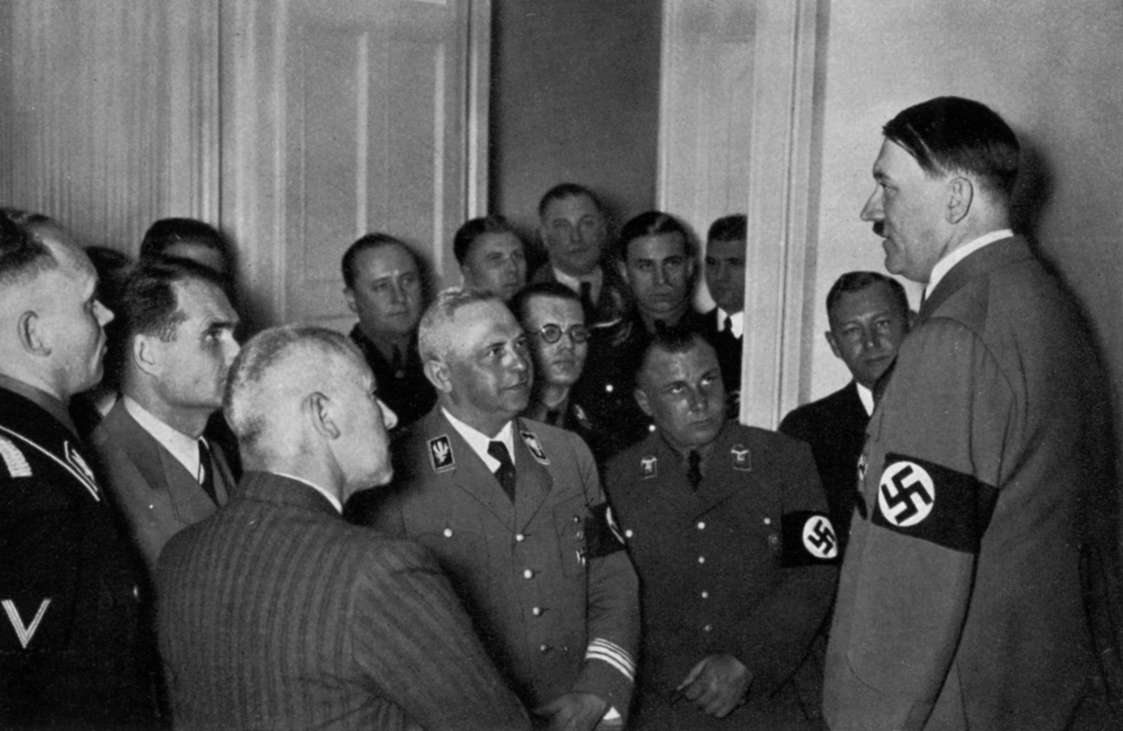

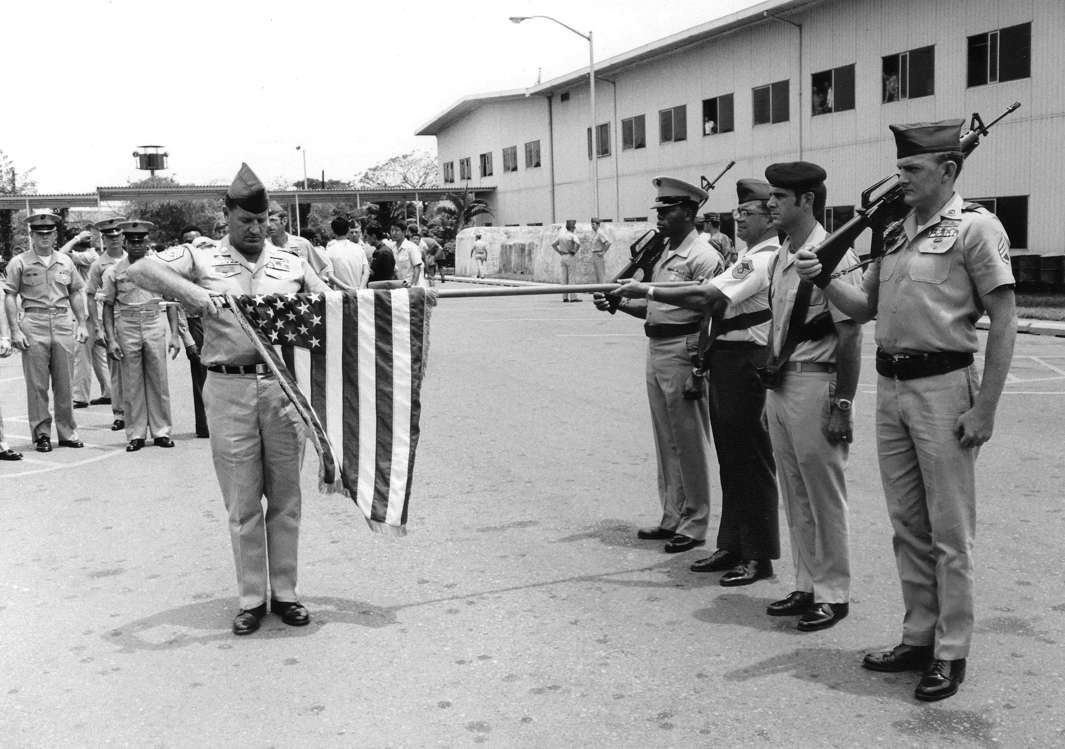

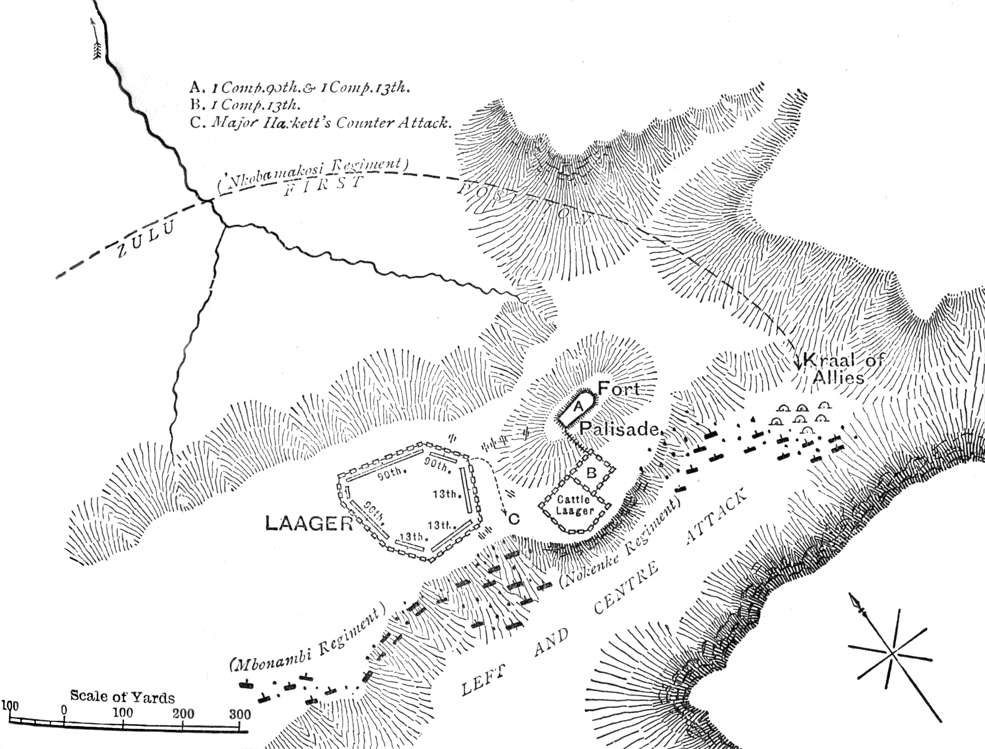

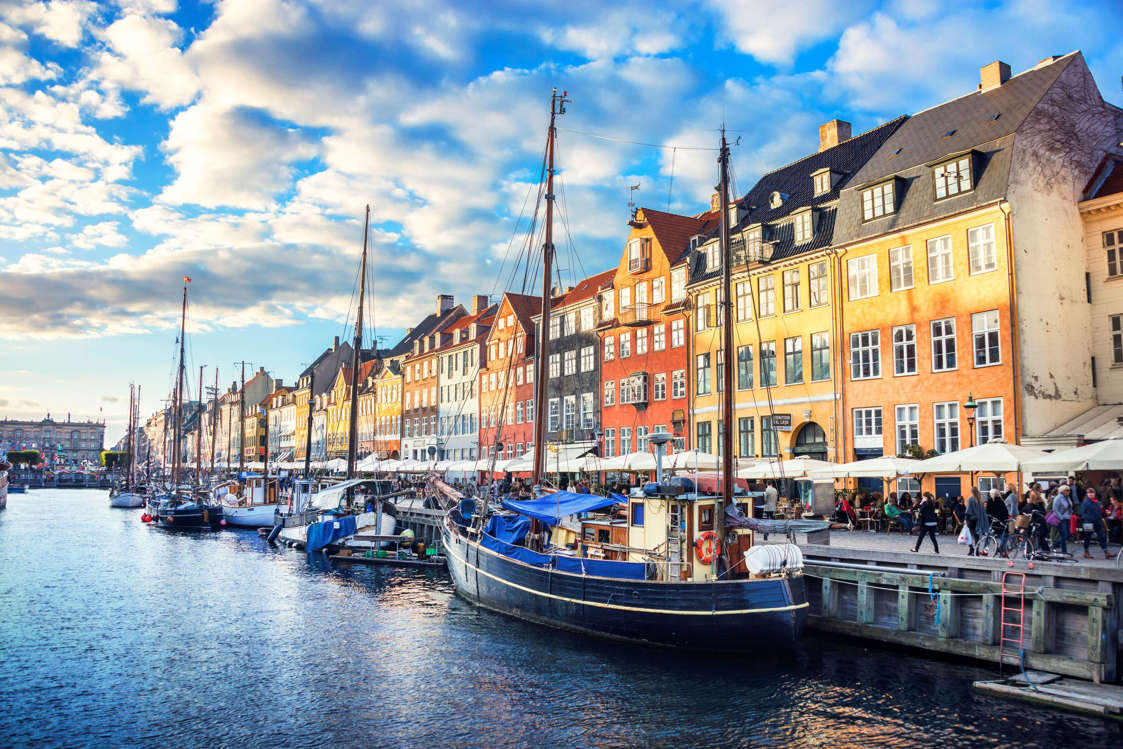
 © David Goldman/AP
© David Goldman/AP